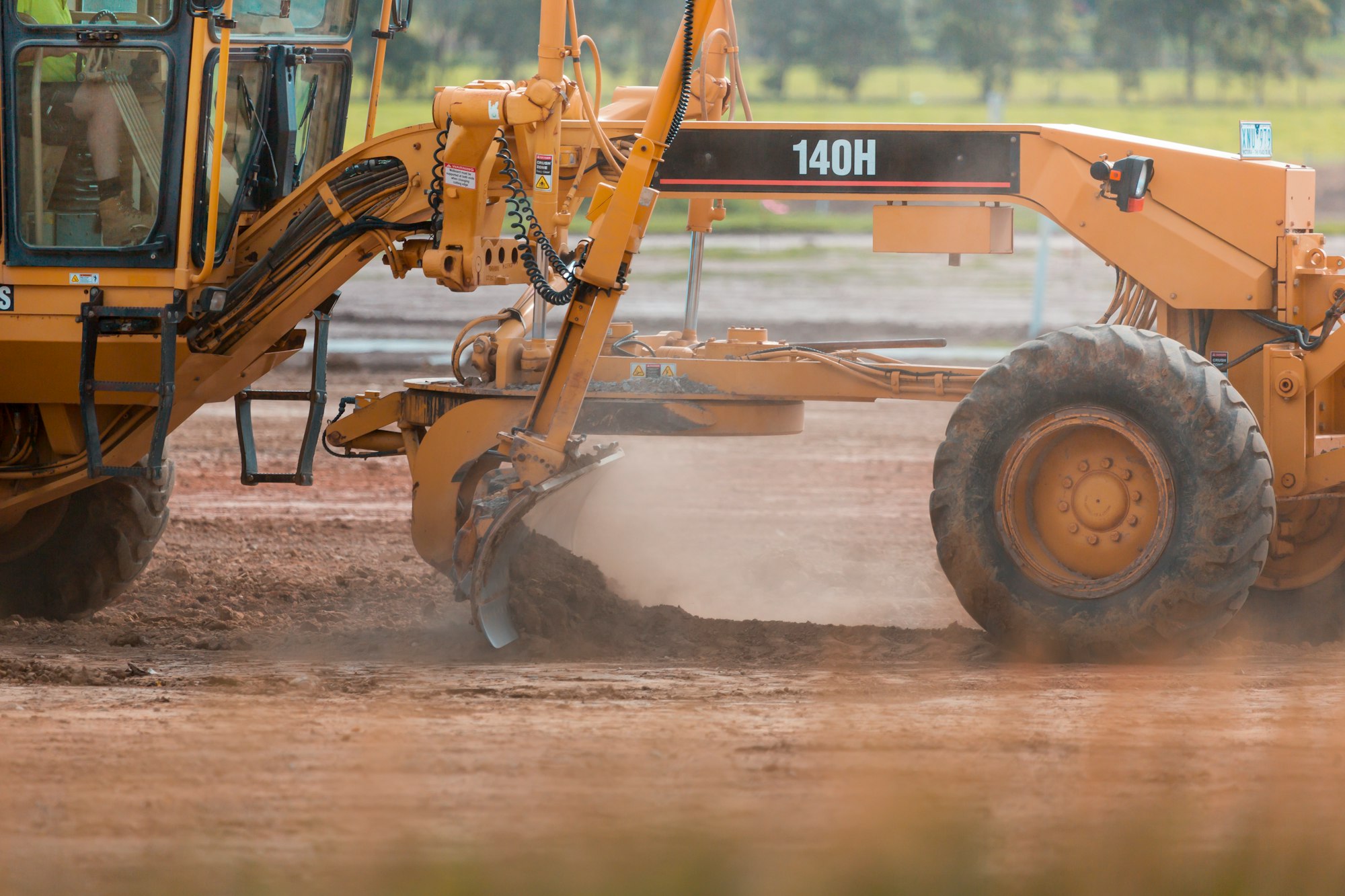It’s true! Governments buy anything and everything. However, hold the presses. Public sector agencies, across the U.S. and Canada, are also heavily engaged in renting and leasing. Back in July, you may have seen the report that the U.S. government is paying over $100,000 a month for space in Trump Tower. While notable because of who is involved, this isn’t nearly the only instance of governments renting or leasing office space and other property.
When it comes to “renting” and “leasing” do you think of housing, land, real estate? No doubt, there are hundreds of requests from public sector entities for rental and lease of real estate. Ready for the dramatic plot twist? We went in a slightly different direction on this review. In this analysis, we’re reporting on solicitation activity by governments for renting and leasing of equipment, services, and solutions. Make no mistake, governments invest a majority of the $trillions they spend each year on purchases of all things conceivable, however, when it comes to equipment, services, and solutions, there is significant rental and leasing activity, as well.
Based on a review of our database, solicitations over the previous 365 days, there have been approximately 500 requests for “equipment rental“ and close to 250 for “equipment leasing“. Down below, I’ve included applicable examples of actual bids/RFPs. Notes: 1. Again, these totals don’t include property/real estate, 2. The examples of equipment, services, solutions rental/leasing vary widely in types (from uniforms to arthroscopy equipment, golf carts to heavy machinery).

To understand why governments would go the rental/lease route, it very much aligns with the various reasons why private business would elect an alternative to purchasing.
On their website, the U.S. General Services Administration (GSA) provides an excellent rundown on why renting and leasing “is an attractive option for the government.”
Some highlights:
Rent vs. Buy?
Renting equipment or vehicles is an attractive option for the government. It provides more benefits than outright purchase, and provides the widest variety of equipment for added job versatility. Some of the costs that are avoided by renting instead of purchasing include:
- Warranties;
- Insurance;
- Regular maintenance and repairs;
- Storage; and
- Transportation.
Renting not only helps to reduce costs, it also allows you to take advantage of the expertise of staffed professionals who will:
- Assess and secure the right equipment for the job; and
- Offer a wide-variety of specialized and modern equipment.
When it comes to deciding whether to own or rent equipment there are many things to consider. One is the burden of ownership that you would not have if renting, such as:
- Ownership requires a capital investment to cover the direct costs of equipment;
- Ownership also requires additional costs for a maintenance shop, maintenance staff, training, fuel, and more;
- Renting keeps the burden of buying, maintaining and selling the equipment on the rental center;
- National rental companies make significant annual investments in the newest, most advanced equipment on the market; and
- Rental companies invest in maintenance staff to keep all equipment in top condition.
It’s my position that governments in the U.S. and Canada will continue to view renting and leasing as an effective alternative to purchasing. The preceding GSA report spells out the reasons why. Federal, state, provincial, local, education, law enforcement agencies are all taking action. Skeptical? Check out the following handful of examples and go to www.BidPrime.com and see for yourself.
Sample active bids / RFPs
Renting and Leasing
To review the solicitations, along with the bid specifications, call us at 888.808.5356, or visit our website: BidPrime.

